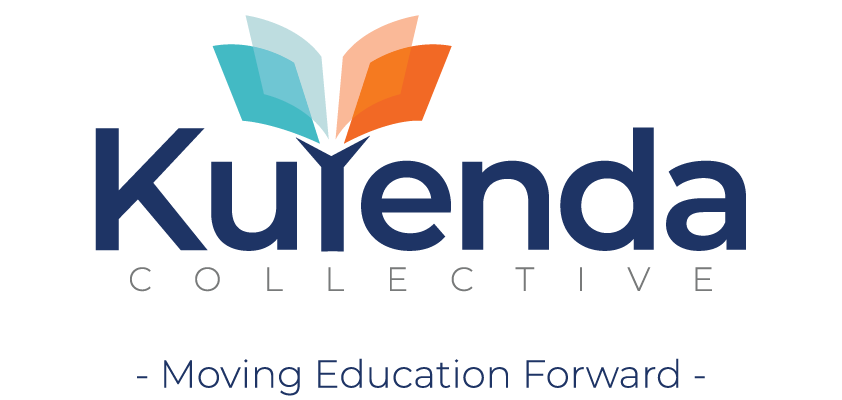In 2020, a collective of transnational and country-specific civil society organisations came together to form the Kuyenda Collective. This initiative is aimed at promoting systems thinking development in traditional public education system spaces by equipping non-traditional actors and rural youth to advocate for better quality, access and relevance in their education system delivery. The project is being delivered within four (4) countries in Southern Africa, namely Malawi, Mozambique, Tanzania and Zimbabwe. The research was conducted in 2022 by a team of non-traditional actors and education CSOs convened under the Kuyenda Collective initiative.
The theory behind this initiative is that public systems are stronger when more voices are included in decision-making around delivery processes. Every public system has policy, planning, budgeting, and implementation, and sometimes mapping the effectiveness of those processes is an effective way of identifying effective, robust and sustainable opportunities for advocacy.
Kuyenda Collective has conducted an initial desktop review to map education systems in the four participating countries in an effort to identify and highlight key systemic drivers for learning poverty outcomes for rural youth. These have been streamlined under two mutually reinforcing system components in education service delivery: public resource and information management. These findings were then used to develop a field research scoping outline to direct a User Experience Research Data Collection grounded in an overarching Systems Mapping Approach in order to verify how rural youth see this problem and lay a foundational plan for equipping them to advocate for systems strengthening in transnational spaces. The purpose of this document is to provide the findings of this research process.

